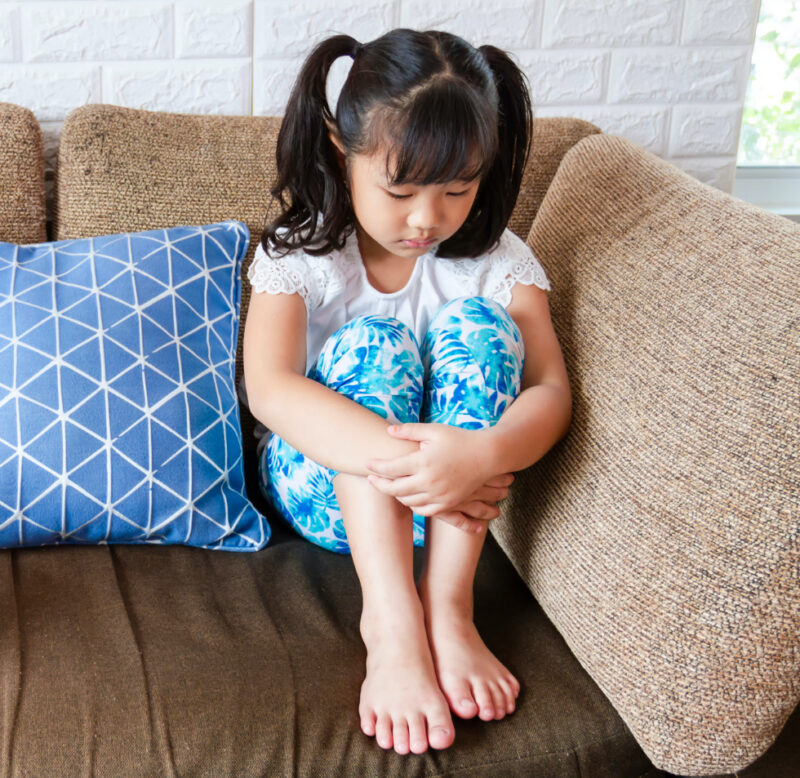
Integrating Music Into Social and Emotional Learning
Music classes can serve as a way to help students develop social-emotional learning skills, and activities that build these tools can be introduced into classrooms as early as preschool, according to an Edutopia article by Laura Petillo, early childhood advocate Read more >>











